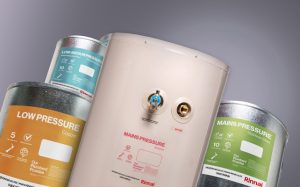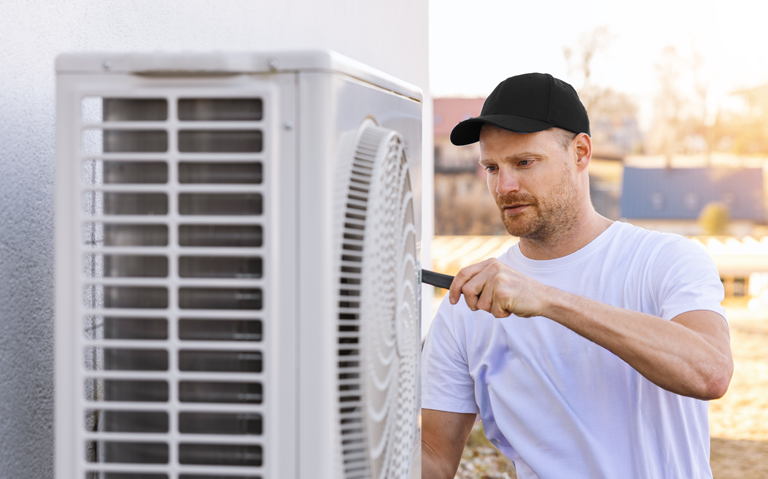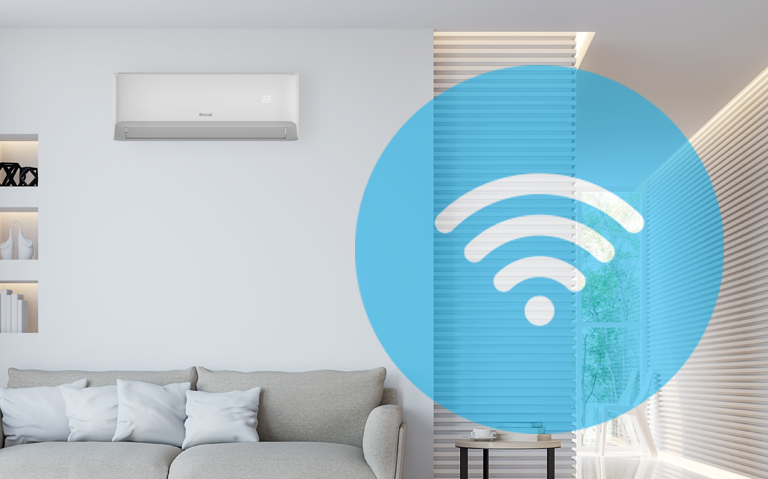Hot water plays a huge role in our everyday lives – from our showers, to washing our dirty dishes, to making our favourite hot drinks and more. In fact, quite a bit of our energy consumption goes into heating water – it can make up over a third of our electricity bill! This ends up being a rather substantial amount of money as time goes by.
The good news is that with a few small changes in our daily habits and routines, we can cut down on these costs, allowing the savings to slowly but surely build up. There’s no need to sacrifice your hot water luxuries entirely! By simply making some smarter and better thought-out decisions, being more efficient and using hot water wisely, we can end up saving a lot of the energy we spend on hot water. Not only is this better for our wallets, but it’s also better for our planet. Read on for our top tips!
Shorter Showers
Did you know that you only need to reduce your total shower time by a minute to save up to approximately 220 litres of water a month? This adds up to 2640 litres a year! It just goes to show how a small change in the length of our showers can have a huge impact on our water & electrical bills over time. Next time you’re in the shower, set a timer – or even a curated playlist of your top 3 shower jams – and use it as a guide to help you remember when it’s time to hop out. As well as taking shorter showers, try to minimise the amount of baths you take and save them as a self-pamper treat. You’ll save a lot more by showering instead of filling up the bath tub!

Low Flow Taps and Showerheads
You can also reduce your hot water consumption by switching to low flow taps and low flow showerheads. These are great solutions for decreasing the amount of water used without having an impact on the water pressure or quality of your shower. That’s because they work by reducing the flow rate and mixing in air, instead of extra water, to reinforce the water pressure – meaning you get to save on water while enjoying the same level of comfort for your showers!
Do Laundry with Cold Water
Most of our everyday clothes are fine to wash in cold water. Not only does this help you cut down on your water heating costs, but it’s also better for your clothes as well. That’s because cold wash is the gentlest option for most fabrics to extend their life for as long as possible – but be sure to check the label first. While it’s common for people to think that hot water is the best for killing germs and removing stains, it can also do the most damage to clothes by causing them to fade, shrink, or wrinkle more. So, the next time you get ready to do the laundry, think twice about the water temperature you choose to use.
Fix Leaks and Drips
They may not look like much, but unfixed leaks and drips in your plumbing system can result in a lot of wasted water over time. To prevent them from accumulating and causing a real toll on your bills, try to get them fixed as soon as possible. Whether it’s a leaky pipe or a dripping tap, sorting out the issue straight away will definitely serve your wallet and your home better in the long run. (It also means less mopping for you too!)

Fill Up Your Dishwasher
A dishwasher is often touted as being more efficient water-wise (and let’s face it, much easier!) than hand washing dishes – but this is only true when they’re running with a full load. That’s because these modern systems are much more efficient at heating water within themselves than your water heater – plus they use less water than what it takes to fill up an average sink. So unless it’s a utensil that you urgently need for the next meal or something that’s not dishwasher-safe, let the dishes pile up and only turn on the dishwasher when everything is full. Some systems even have an eco setting you can choose to conserve even more water and energy!
Keep an Eye on Ratings
If you need to buy a new appliance, or are looking to replace an old one, make sure you keep an eye out for those energy efficiency stars. These stickers can be found on almost every appliance sold and indicate just how efficient that particular model is compared to others of the same size or capacity. From just a quick glance, you can tell that the more stars an appliance has, the more efficient it is – but if you’d like to delve deeper, you can also take a look at the annual energy consumption displayed in kilowatt-hours (kWh) and use this to calculate the annual cost of electricity per year (the average cost of a kWh is $0.25). These energy-efficiency ratings can come in real handy when you’re purchasing a new washing machine or dishwasher, and making the right choice can help make a huge difference when it comes to your bills!


















